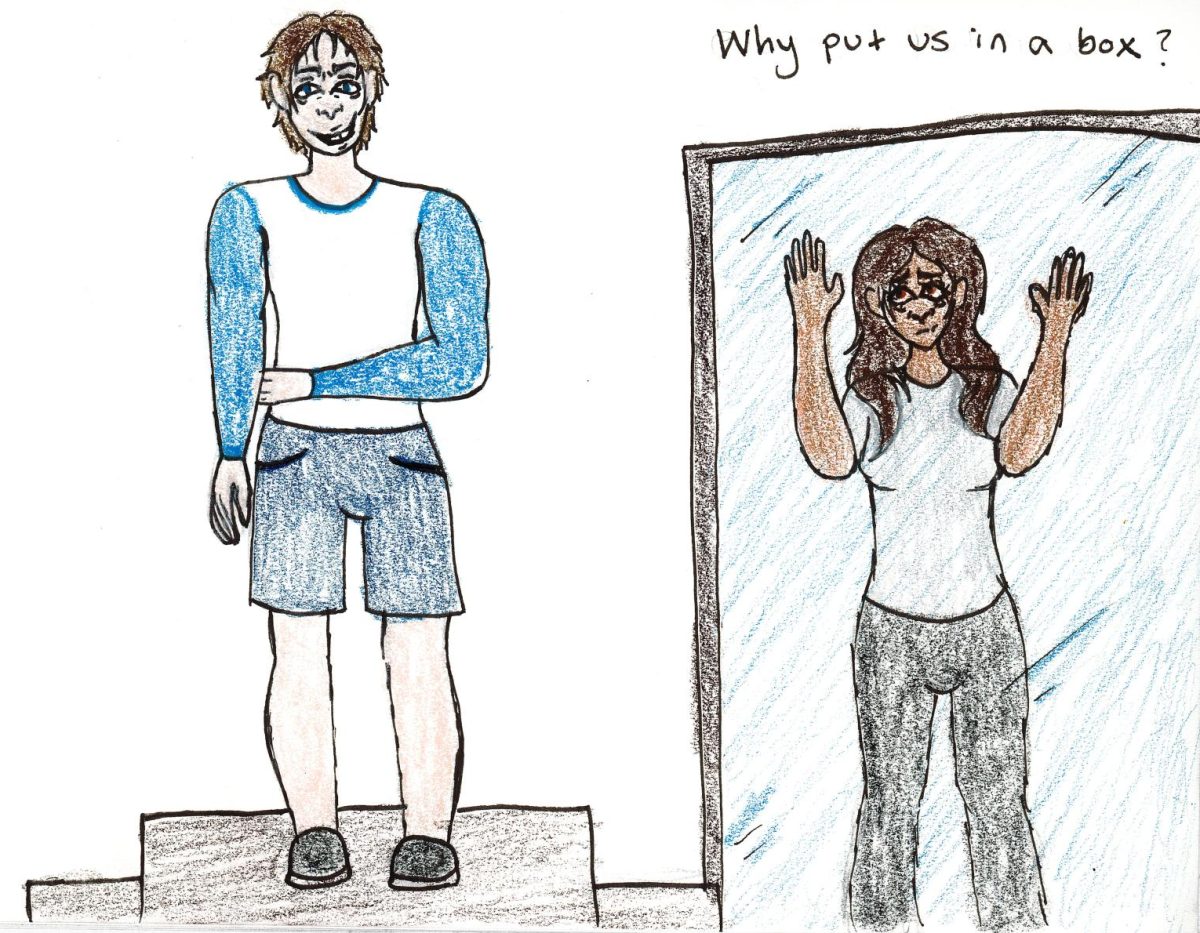Performance is the school’s top priority when it comes to students. How we do with attendance, assignments, tests; the list goes on. The end goal is always the same, to perform the best we can. A common concern that is usually brought up in conversations that lead to academic downfall is sleep. There is a wide spread of chronic sleep deprivation throughout students, and the best way to combat this would be changing the time that they wake up at.
Having schools alter the start time even an hour later would have significant impacts on the health and well-doing of students. One notable study conducted in 2016 by researchers from the University of Michigan examined the effects of a school district that shifted its start time from 7:30 a.m. to 8:30 a.m. The study found that the later start time resulted in increased student attendance, improved grades, and better overall health among students.
These findings not only bring attention to the importance of adequate sleep for adolescents but offer an incentive toward schools to prioritize student well-being. This supports the idea that aligning school schedules with students’ natural sleep patterns can have crucial positive effects that may also show a drastic difference with academic achievement.
Another study done by The American Academy of Pediatrics recommends that middle and high schools start class at 8:30 a.m. or later, but studies show 80 percent of middle schools and 90 percent of high schools begin before that suggested time. This trend brings concern about not only the potential negative impacts on students’ physical and mental health, but the fact that insufficient sleep can lead to issues such as decreased academic performance, increased stress, and higher rates of anxiety and depression.
From my own experience, waking up a little later than my usual time left me feeling refreshed. There was a time where I woke up an hour and a half late for school. Knowing I was already late, I was aware that it was too late to do anything about it and got ready regardless. Surprisingly, I didn’t feel like I was dragging myself to get ready—I felt energetic. It was around 8 a.m. when I arrived at school, but I was able to get through the day much better than I usually do when I wake up at my typical time.
Overall, adjusting school schedules could foster a more conducive learning environment and promote overall well-being among teens. Others may argue that the school start time is set in place because when students start the day earlier, they have more time after the school day to do either extracurriculars, sports, or go to their jobs. This statement does hold some truth; however, I would argue that most students would prefer to have extended sleep to function better compared to having that extra hour of time.
As people adhere to their own opinions about the school start time, one thing remains true: when students receive more consecutive hours of rest, they are bound to perform exceedingly better throughout the day. Having just that one hour added to their sleep has incredible benefits, and it’s something schools need to heavily consider, as this could reshape the capabilities of students and the improvement of their health. Putting an extra focus on the students’ wellbeing is the next step to forging a healthy and sustainable routine for teenagers.




































